Health & Safety
Policies, Procedures & Guidance
Information on Health & Safety topics, including policies, procedures and guidance on how to manage specific hazards and how to report in the event of an accident/incident.

Aggressive and challenging behaviour at work is unacceptable and must be managed to ensure safety of staff. The following pages provide information on how to deal with these situations.

RGU will ensure, so far as is reasonably practicable, that all workplaces remain free from unnecessary risks to health from the keeping and caring of animals by employees, students and visitors.
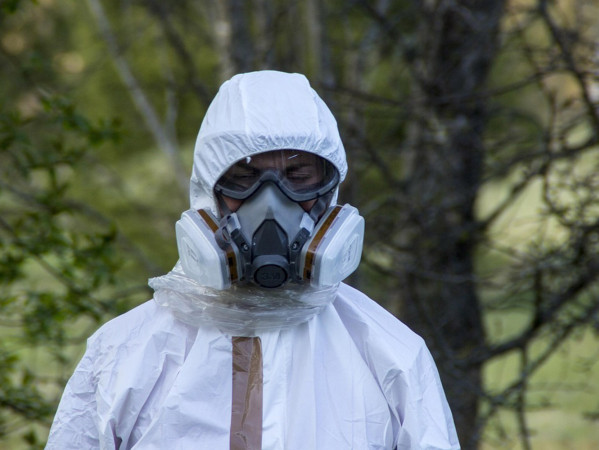
Asbestos is a group of naturally occurring, fibrous minerals that were once widely used in building materials. Asbestos fibres are now recognized as a health hazard, particularly when inhaled.

Policies and procedures regarding the standards of health, safety, risks, welfare and data protection, associated with the presence of children and young persons on campus.

The introduction of contractors to RGU premises is necessary to support construction work and to provide infrastructure, equipment, or services to support RGU Events.
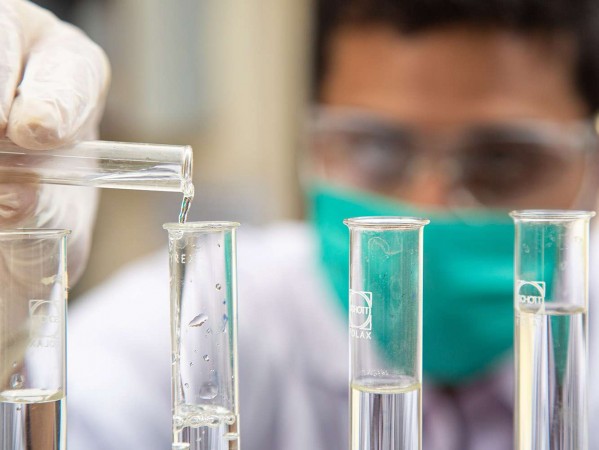
Chemicals exist everywhere in the workplace and as such require specific control measures to be in place to ensure they can be used and stored correctly.
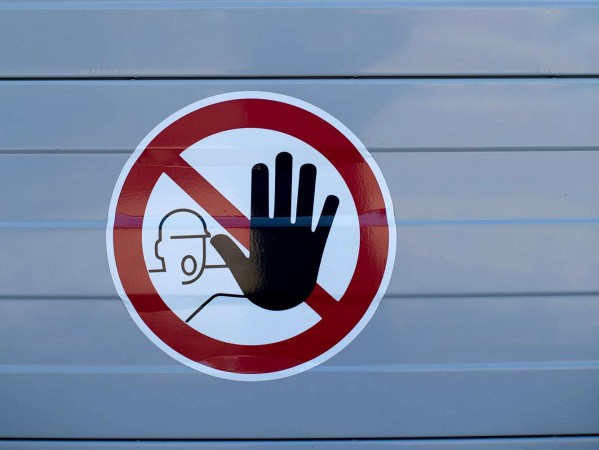
Dangerous substances are substances that can put safety at risk from fire, explosion, and the corrosion of metal. These risks need to be considered and managed in a specific way to comply with legal requirements.
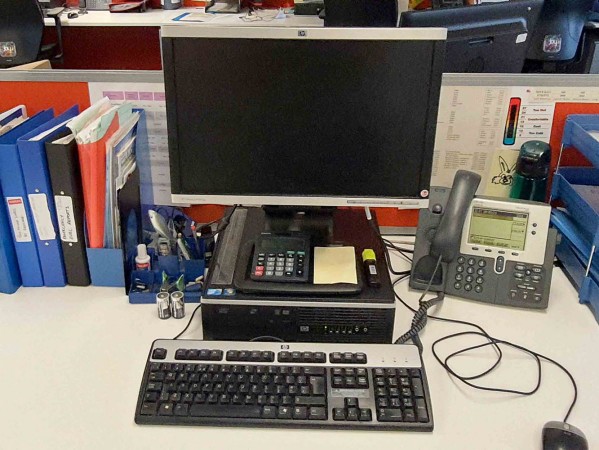
Helping to identify and protect employees who regularly use DSE as a significant part of their normal work, which may be quantified as continuous periods of an hour or more for most days at work..

Robert Gordon University has a duty to ensure that all equipment it provides is suitable for its intended use and is maintained to ensure that it is safe.

A Counselling and Advisory Support Service is available through RGU's Employee Assistance Programme (EAP) which is provided by LifeWorks. The service can be accessed via the free & confidential helpline 24 hours a day or through the LifeWorks app.

Many Schools and Departments organise events which either are not part of their routine activities and/or which invite members of the public into University buildings which require a higher level of safety management.

Everyone is exposed to hazards and risks when working or at study. These risks are mitigated so far as is reasonably practicable for the majority of the population. There are some situations when the consequence/severity of a hazard to a person may be different from everyone else. One prominent example of this is for new and expectant mothers.

As part of research studies at the university, genetically modified organisms may be used. Read more about our Genetic Modification Safety Committee (GMSC) and associated process.

Information on First Aid at Work including trained personnel

Robert Gordon University is committed to managing the risks from fire in its premises and complying with the requirements of the Fire (Scotland) Act 2005.
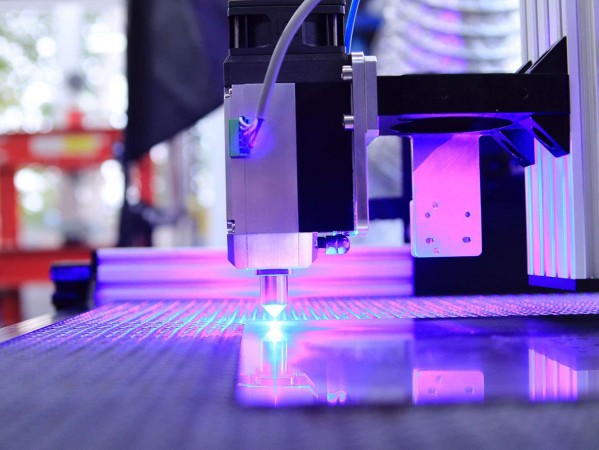
Lasers come in various shapes and forms and have many uses within teaching, research, shop checkouts, manufacturing, engineering and in office work.

Some activities require our staff to work outside of 'core' hours, when they are the only person in the building or during hours that buildings are closed. Read more about the procedures and policies around these activities.
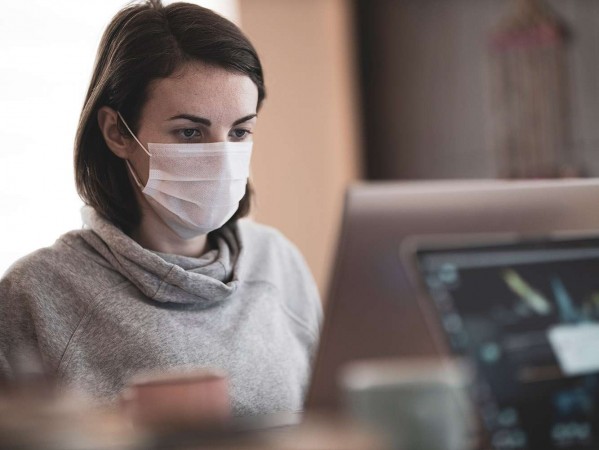
Procedures and measures to be taken in event of Communicable Disease incidents in the university population have been agreed with NHS Grampian's Health Protection Team (HPT).

Manual handling covers a wide variety of activities including lifting, lowering pushing, pulling and carrying. If not done correctly it can result in work-related musculoskeletal disorders (MSDs).
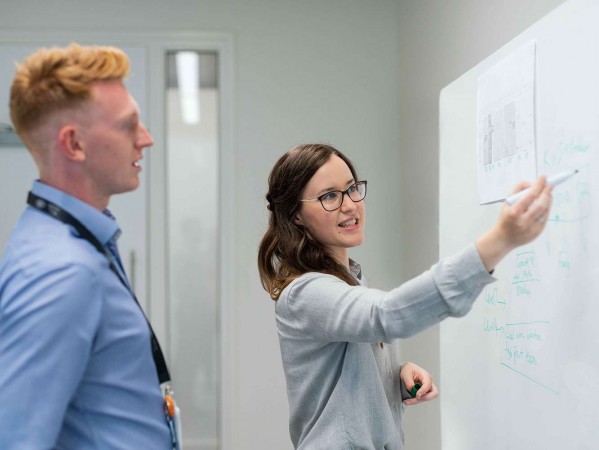
Occupational health is the relationship between health and work. For some people a health issue will affect their ability to work or the type of work they can do. In other cases the work itself may have the potential to affect people's health. Find out about the advice available at RGU, along with our procedures and policies.

The University has a responsibility to ensure that any plant, equipment, or machinery that is purchased for use complies to the specific regulated standards.

Robert Gordon University is committed to ensuring a safe and welcoming campus for all our staff, students and the wider community.

Procedures and measures to be taken following the end to the Public Health Emergency associated with COVID-19.
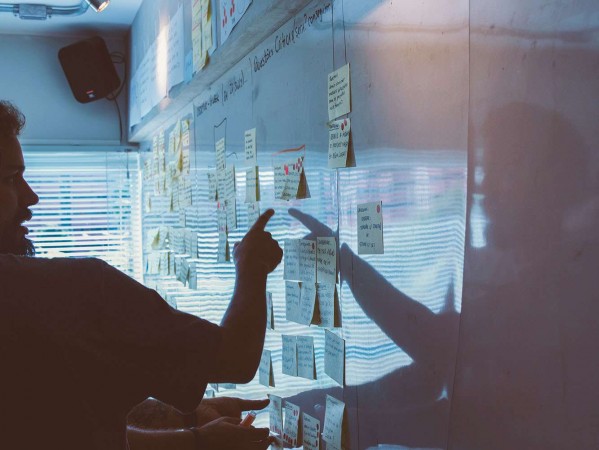
Health and safety risk assessment is the proper consideration of all work-related hazards persons are exposed to, and determining means to avoid these hazards, or reduce their likelihood/severity.
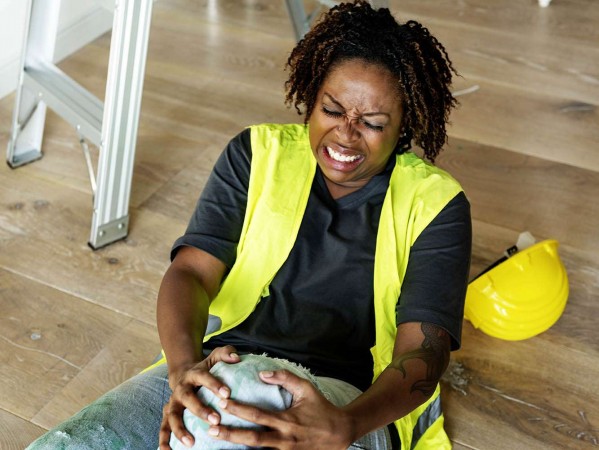
Slips and trips are the most common cause of major injuries at work and can happen almost anywhere.

One key expectation of students within higher education is to be equipped to be successful in the transition to employment at the end of their studies. This is a key focus of Robert Gordon University and something it is celebrated for.

Advice to managers and staff on possible chemical or biological agents received by post

Advice, guidelines and procedures for travelling overseas for RGU business purposes.

Healthier workforces are more productive, and the Robert Gordon University recognises that an employer that takes the health and wellbeing of employees seriously reflects positively on the reputation and culture of the organisation.

Work at height involves work in a place where a person could be injured falling from it, even if it is at or below ground level.

Every year various Schools and Departments give secondary school pupils the chance to gain valuable work experience by working at the University, understand our simple steps to follow to ensure their health and safety.

